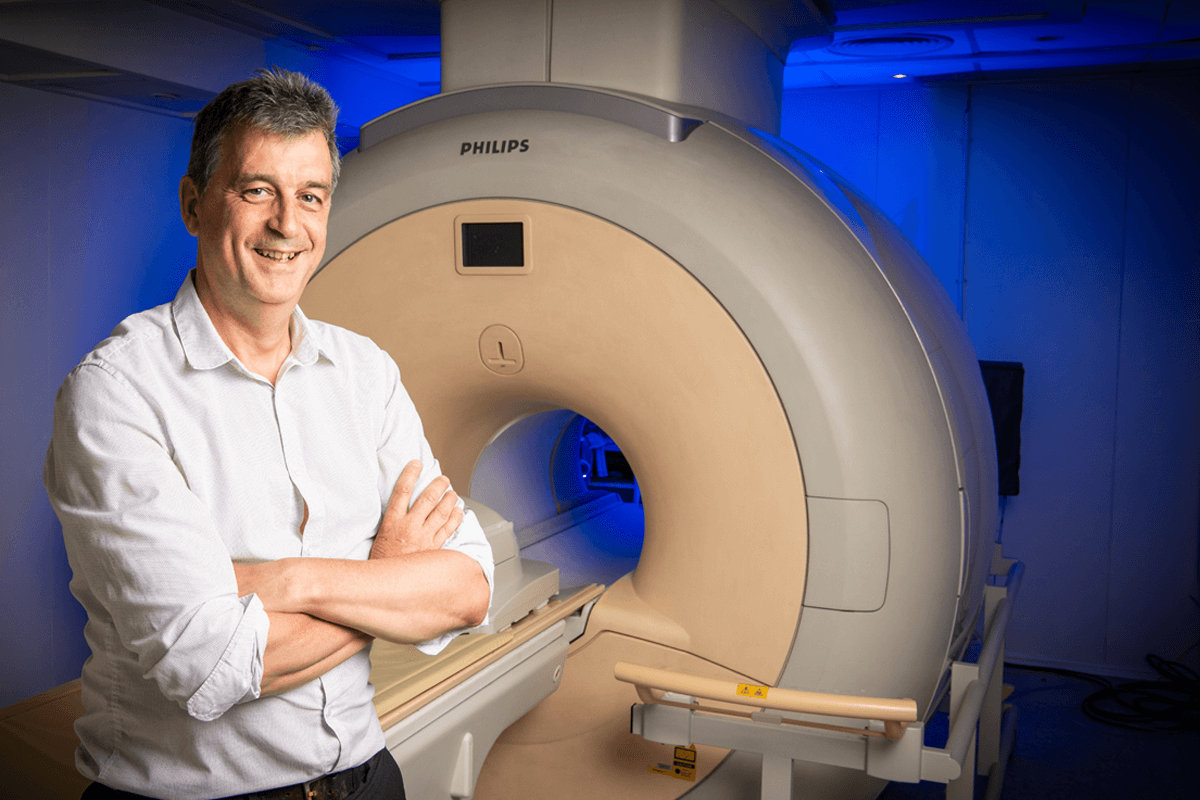
The University of Nottingham has selected the suppliers it will work with to design and build the UK’s most powerful MRI scanner.
This scanner will give researchers and doctors “unprecedented insights” into brain function and the mechanisms of human disease, a spokesperson for the university said. It is hoped to be operational by late 2026 or early 2027.
The scanner will underpin a range of clinical and neuroscience-focused research programmes in the UK, being around 100 times more powerful than the original scanners.
They added it will “transform understanding of neurodegenerative diseases such as Alzheimer’s, Parkinson’s and Huntington’s and neurodevelopmental disorders including autism and schizophrenia.”
Higher resolution, faster imaging
Ultra-high field MRI offers huge benefits in terms of improved sensitivity which will enable higher spatial resolution imaging, faster imaging, and greater sensitivity to physiological changes. The scanner will also provide a step change in the capabilities of magnetic resonance spectroscopy (MRS) to provide information about the biochemistry of the human body.
The spokesperson continued: “The new insights into brain structure and function provided by the facility will be of immediate benefit to researchers in basic and clinical neuroscience. Previously inaccessible measures of metabolism and organ function in health and disease will be of value across the biomedical community, including the life science and healthcare industries and the NHS.”
Technical expertise and knowledge
Professor Richard Bowtell, head of the Sir Peter Mansfield Imaging Centre, said: “We are delighted to be working with Philips and Tesla Engineering to develop the new ultra-high field MRI scanner. We have successfully worked with both companies before and are confident they have the technical expertise and knowledge to deliver this powerful and complex machine."
The chosen suppliers Tesla Engineering Ltd and Philips UK and Ireland will construct elements of the bespoke ultra-high field MRI scanner at the heart of the national scanning facility at the University’s Sir Peter Mansfield Imaging Centre, which is funded by the government's non-departmental body UK Research and Innovation.
New technologies and new advancements
Tesla Engineering will build an 11.7-Tesla magnet and gradient coils with an inner bore that is large enough to allow imaging of the human body. The Earth’s field is around fifty millionths of a Tesla and current clinical scanners operate at fields of 1.5 or 3T.
To reach a field of 11.7T, Tesla Engineering will use new technology that maintains the magnet wiring at a temperature of -271 degrees celsius, just 2.5 degrees above absolute zero. This low temperature allows large enough currents to be passed through the wires in the magnet to produce a field that is more than 200,000 times larger than the Earth’s field. A Tesla is the unit used to measure the strength of a magnetic field.
Philips will develop the advanced scanner hardware that will efficiently excite and measure the 500 MHz magnetic resonance signals that hydrogen nuclei produce at 11.7T. The scanner hardware will exploit new advances in machine learning to optimally produce detailed images from these signals.
(Image: Richard Bowtell, via the University of Nottingham)
